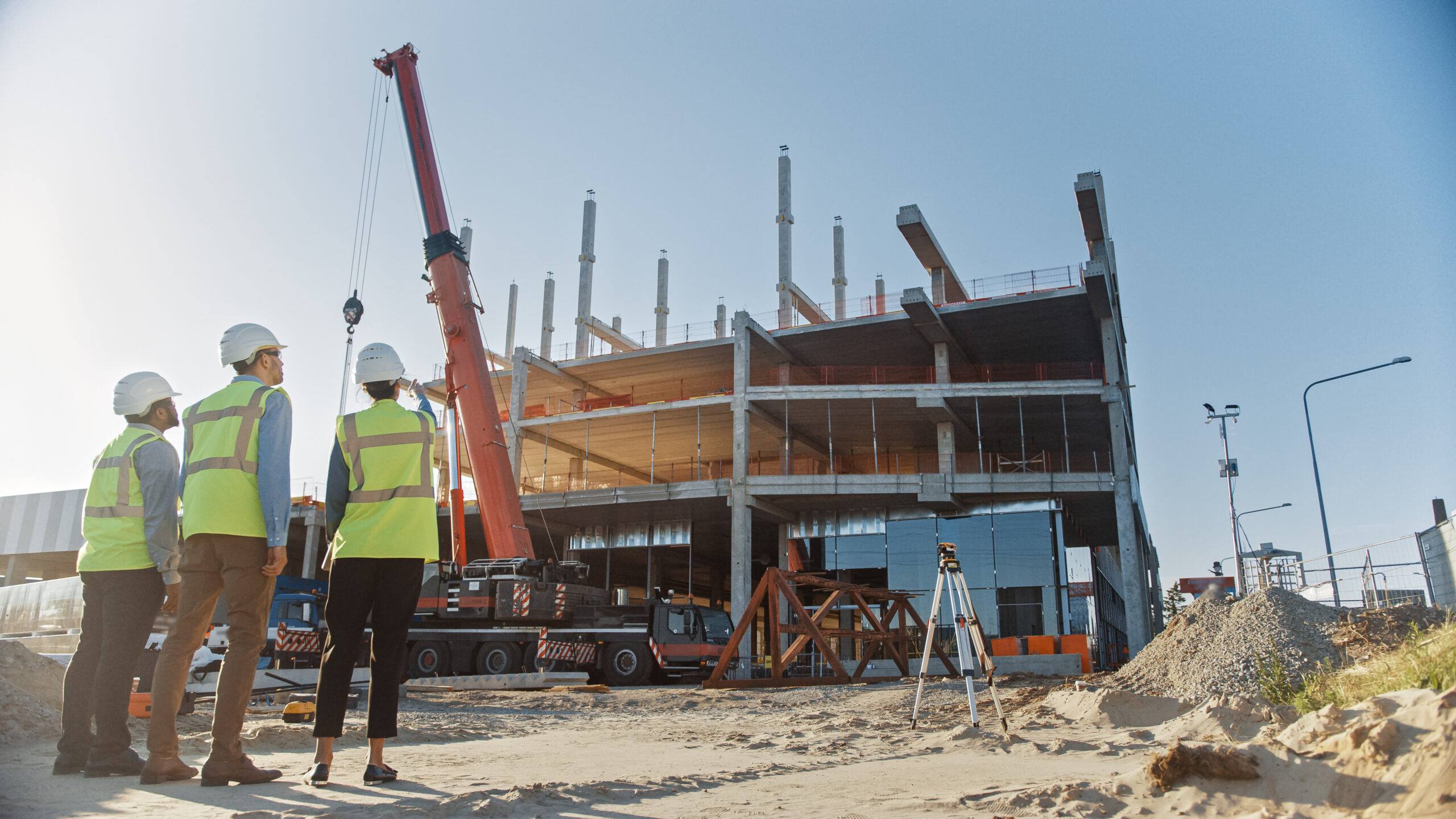Funding New Real Estate Developments When a Recession Seems Likely
The fear that many investors have when the economy appears to be moving toward a recession is that they may be denied funding. In times of inflation and uncertainty, banks tighten credit requirements and slow down lending activity. For investors, fewer loans equate to limited business opportunities.
When lending activity slows down, commercial real estate financing can be affected more than other sectors because CRE financing typically operates on much shorter term 5 to 7-year loans (unlike the residential real estate market that typically operates on longer term 15 to 30-year loans). So, CRE loans must be refinanced every few years.
Well, what happens when you are nearing the end of a 5-year term and the bank says “no” to refinancing? What happens when multi-family lending takes a dramatic drop? What happens when a recession seems likely and SBA lending appears to be the only option for commercial investors?
These signs are often interpreted by investors to mean that it is the wrong time to attempt to fund new developments.
Contrary to what the media portrays about economic recession, recessions can create advantageous situations for real estate investors – even for new developments.
Avoid Negativity from the Media, Work with a CRE Financing Partner You Trust
Recessions are not all doom and gloom like the media portrays them to be. If you listen to the negativity, you are likely to miss out on opportunities to grow your investments and build wealth. At Lincoln James Capital, we believe it is important for investors to hear positive messages of hope – and not manufactured or false hope, but real hope from professionals who have found ways to thrive in times when others falter. In times of recession when options seem limited, we continue to secure financing for investors.
The process of securing and finalizing a commercial real estate loan is complicated enough when the economy is booming, especially for investors who are extremely busy with other business matters. Uncertainty and negativity can become overwhelming and dissuade investors from pursuing new investments. Don’t let this happen. We partner with investors to prepare the best financial package possible, find and evaluate more financing options, get funding, and close the deal – recession or no recession.
Strategy for Funding Developments When a Recession Seems Likely
If you keep up with our blog articles, the following information might sound familiar, but it is certainly worth repeating. The fundamentals of financing are:
- Know Your Cost
- Know Your Proforma
- Know Your Timeline
- Develop Your Capital Stack
Confident CRE Investors Know Their Costs
There are lots of variables when it comes to costs with commercial real estate. You may be developing a multi-family garden style complex or an office complex. You may be developing in the suburbs or in the city center. Depending on the development, there will be a combination of hard costs – moving dirt (horizontal) and construction (vertical). And there will be a combination of soft costs – entitlements, attorneys, architecture, engineering, and marketing.
A confident investor who knows their numbers will have a much easier time shopping and evaluating options.
Confident CRE Investors Know Their Proforma
Having at least a 3-year proforma is a requirement. In order to secure a CRE loan for a new development, the business will need a debt service coverage ratio of 1.25 or higher.
Confident CRE Investors Know Their Timeline
You must know when the new development will reach stabilization – or when your revenue will be realized. Office and retail developments should have pre-leases in order to secure financing. Multi-family developments are the exception and do not need leases in place.
Confident CRE Investors Develop a Strong Capital Stack
Your capital stack represents all sources of financing that will be combined to fund the new development. A senior lender is likely to fund 60-75% of the capital depending on the asset class and strength of the sponsor. Lenders will look at the financial strength of the sponsor – their net worth and liquidity. The sponsor should have post-closing liquidity in order to demonstrate to the lender that they have the ability to see the project through to the finish.
Keep in mind that lenders are not looking to fund someone’s “dream,” they are looking to fund business investments and the sponsor’s net worth and liquidity are the qualifiers for securing a deal. To complete a typical capital stack, a general partner typically brings at least 5%, limited partners make up another 5-15%, and a mezzanine lender could make up part of the funding as well.
Preparing the strongest possible capital stack and presenting the financial package in the best light will help secure more options and better terms so that you can close your deal and fund your new development.
Lincoln James Capital can help you find and secure CRE financing with the best terms
If you have commercial real estate investment opportunities, Lincoln James Capital can help get your deal done. We have extensive market knowledge and can help you make confident decisions. We have a large database of lenders with a wide range of possible terms. Keep in mind, we don’t make more money from higher rates. We get paid to get our clients the loans they need with the best terms (which is not always the best rate) so they can close their deals and continue to build their business and increase wealth.









